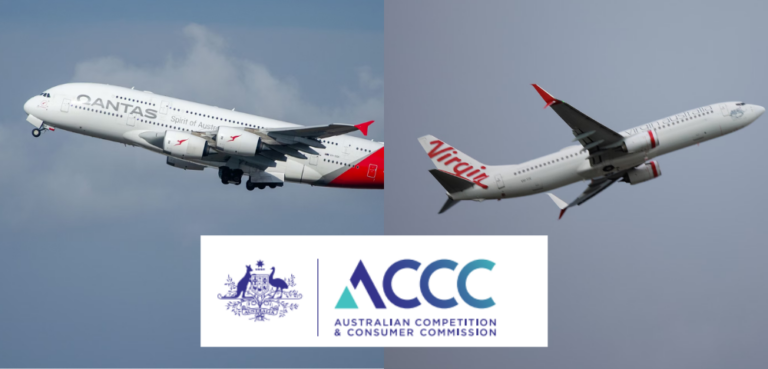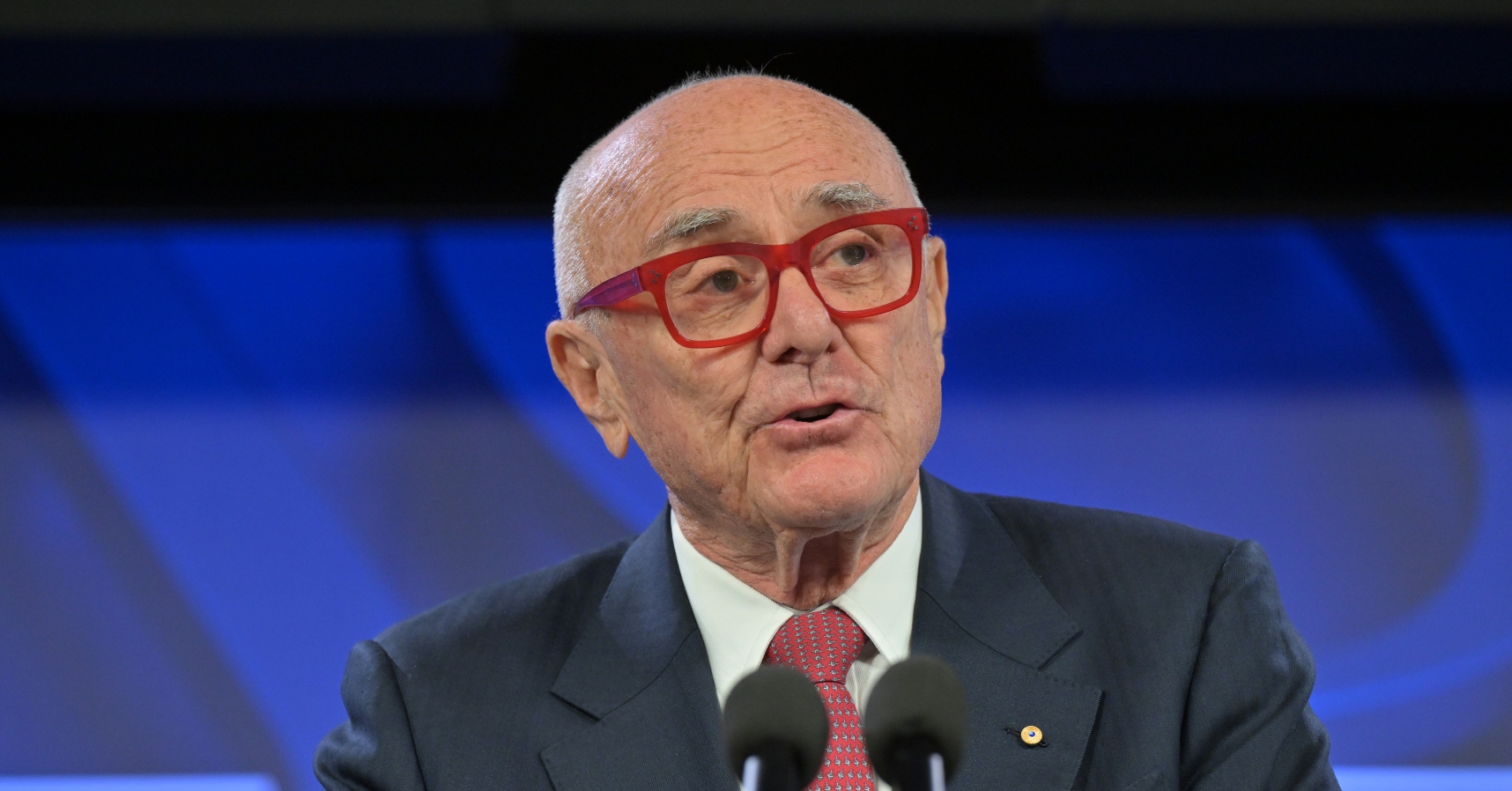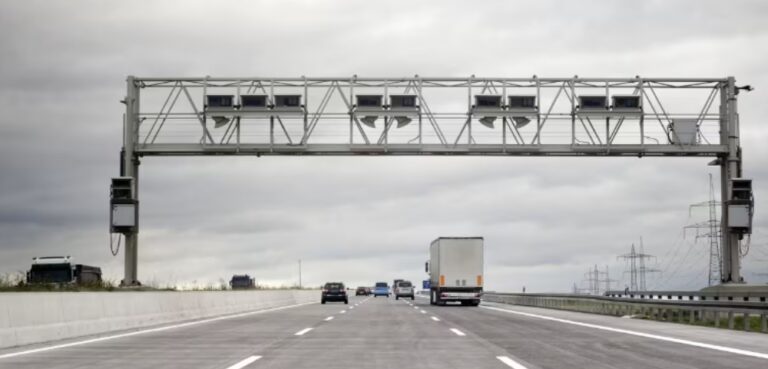

by GRACE JOHNSON
Two-way tolling and decreasing costs per kilometre: these are some of the key recommendations of the long-awaited review into the city’s toll systems.
The independent interim review, led by former competition watchdog Professor Allan Fels, identified serious flaws in the system.
Fels said that the state’s toll prices seem to be “very high” and that competitive bidding for toll roads had not been based on price.
“Unlike most businesses, once a toll price is established toll operators have a monopoly and toll prices are free from any price competition,” said Fels, former chairman of the Australian Competition and Consumer Commission.
“There has been a tendency to set modest looking tolls at the outset when public attention is high and to heavily backload them via extended duration and escalation factors,” he continued.
In the review, Fels recommended two-way tolling on the Sydney Harbour Bridge, Sydney Harbour Tunnel and the Eastern Distributor.
Not only would it be fairer and reducing traffic distortions, Fels argued, but it would allow extra revenue to be used to lower all tolls across the system.
He also recommended that tolls be charged on a decreasing cost per kilometre the longer motorists drive and that an extra infrastructure charge apply when using major tunnels or the Sydney Harbour Bridge.
With Sydney being one of most tolled cities in the world, the report has identified a monopoly on the road toll system, with agreements often favouring the private sector over drivers.
But the review also warned that the problem “could not be readily corrected” and that reform will be “difficult, complex and take time”, largely due to agreements with private motorway operators.
In addition, thanks to previous governments prioritising the financial concerns of companies over managing congested roads, motorists will have to fork out $195 billion in tolls between now and 2060.
More than half will come from Westconnex, a project for which drivers will pay “three times over in tolls”.
“The approach to setting tolls has been influenced more by the perceived need to cover the concessionaire’s financing costs than by the need to manage traffic on the roads,” the interim report says.
“It has also not had a strong regard to principles of efficiency and fairness in setting individual tolls.”









